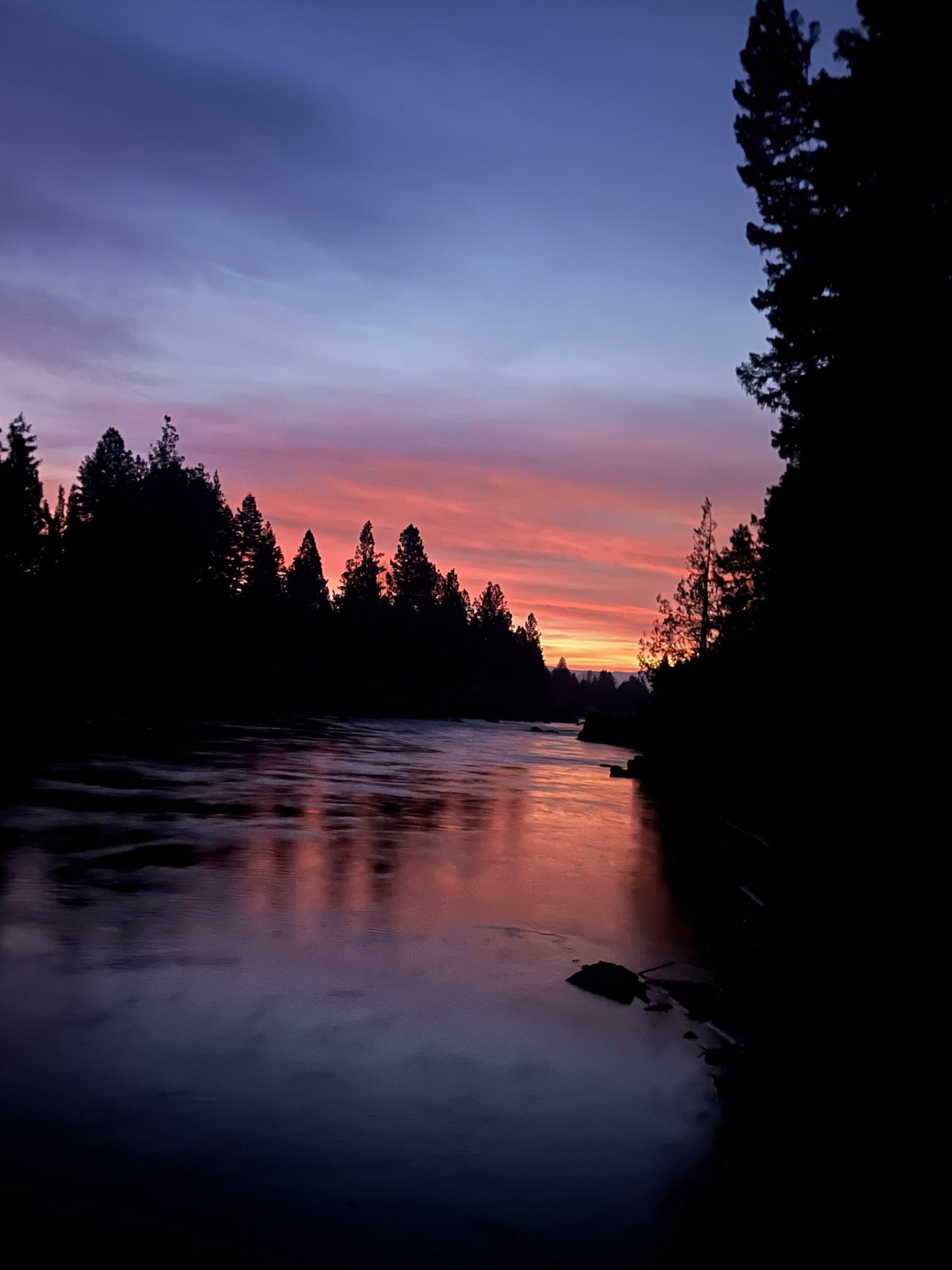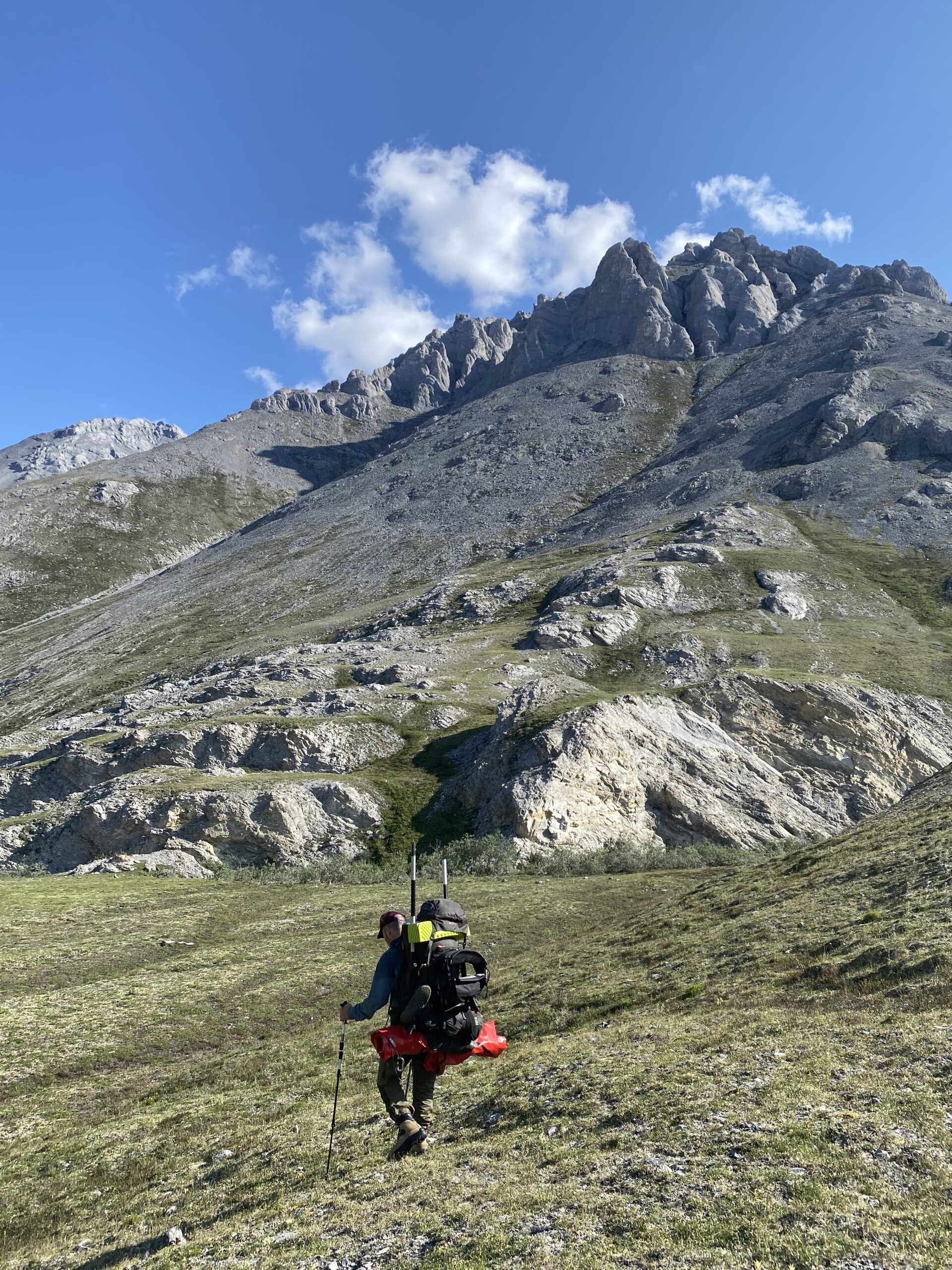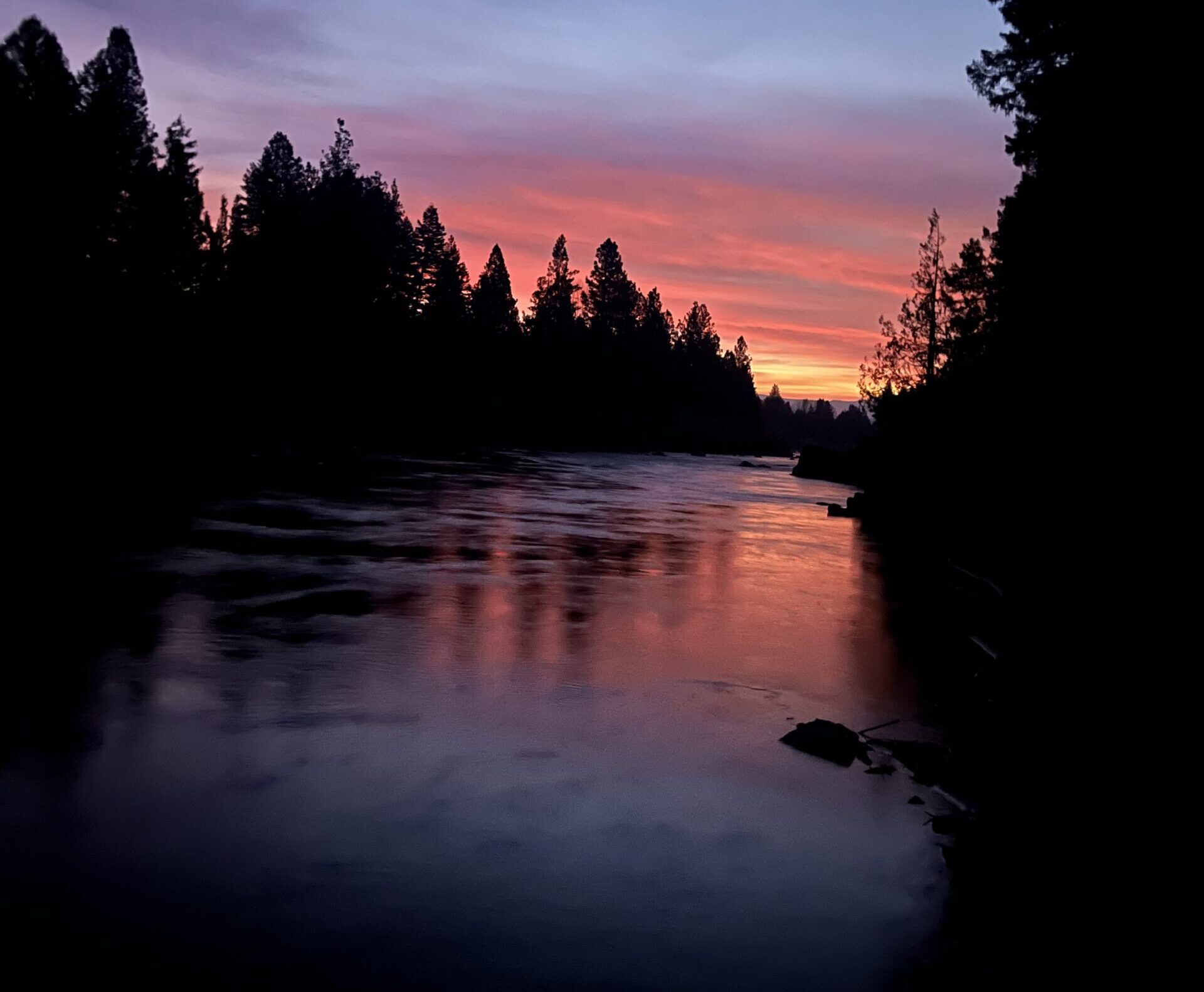By Benjamin Alva Polley EBS COLUMNIST
In 1964, a landmark conservation bill called the Wilderness Act passed in Congress, protecting 112 million acres of pristine land in the U.S. from coast to coast from ever being developed. Some people consider this one of America’s most outstanding conservation achievements. This act sets aside wildlife habitat, helps filter clean air by preserving forests, protects watersheds, provides clean water for communities, boosts local economies by attracting recreationists and allows vast expanses for humans to escape the modern world’s hustle and bustle. No roads or motors are permitted inside wilderness areas.

The wording of the Wilderness Act has been controversial to many, particularly indigenous peoples, in defining wilderness as an area where “the earth and its community of life are untrammeled”—as if no one had ever lived there. Areas that were designated wilderness were originally home to many cultures who lived there for thousands of years. Still, in our modern times, it is a place where the forces of nature can operate unrestrained and unaltered, where humans don’t dominate—an island in the ever-growing sea of civilization.
Wilderness areas comprise just 5% of the U.S. landscape, with over half of that in Alaska and only 2.7% in the Lower 48. There are wild places that aren’t protected as official Wilderness with a capital W, and these are disappearing daily, being carved up for more development, especially around the West in places like Big Sky, Jackson Hole and Sun Valley that are attracting more and more people to build trophy homes on the wildland-urban interface. But one could argue that wilderness and wild places have never been more necessary. They help remind humanity where we came from, that we are connected to every other living thing in the ecosystem and are often places to recharge our souls. Some areas should be set aside for their own sake.
One of the co-writers of the Wilderness Act, Howard Zahniser, wrote, “We need wilderness to get away from the technology that gives us the illusion of mastering, rather than belonging to the environment. We sense ourselves to be dependent members of an interdependent community of living creatures that derive their existence from the sun together.”
Wilderness helps show people our origins, that we are members of the biotic community of life and dependent on the ecosystem’s health. Humans are hard-wired to be close to nature. Wilderness areas are needed so scientists can have undisturbed laboratories to study the biological complexity of natural processes in places that we haven’t overly modified. They are living libraries, allowing us to explore the ecological and historical records of the planet and other civilizations that passed this way before.
To many older cultures, the land is identity, sustainer, ancestral connection, residence to non-human relatives, healer, home, inspirited with moral responsibility, and a source of belonging. The land is more than a commodity for Western civilization.

Wilderness shows us how to think beyond the small, ego “self” of our individual needs and helps us think of the larger self, beyond family and nation to global and cosmic connections of all of life, including the air, animals, birds, fish, insects, lakes, plants, oceans, rivers, rocks, and soil. David Brower, a prominent environmentalist and Sierra Club’s first executive director, wrote, “Wilderness reminds where we came from and shows civilization is a thin veneer over the deep evolutionary flow of things that built him.”
Suppose farming is the advent of Western civilization, which is 10,000 years old. That is a comparatively short time from all humanity’s millennia spent in the wilderness. Wilderness is foundational to our evolutionary history. Humans miss contact with the wild world, and by being deprived of the wild, we deprive ourselves of testing our skills and abilities by surviving with less. Denying ourselves the wild leaves us feeling frustrated, unhappy, depressed and repressed. Wilderness is medicine, the doctor we need for many ailments. The National Institute of Health reports that spending time in nature is physiologically suitable for humans by reducing heart rate, lowering blood pressure, calming a nervous mind, and reducing stress. Open air, open spaces, flowing water, and bird song lifts our spirits and elevates our minds. Shinrin-yoku is a new term for “forest bathing,” a form of natural medicine. Natural areas allow us to exchange the artificial and manufactured for the natural, allowing us to escape from the mechanical and technological. Wilderness enables us to slow down.
Human recognition of the value of wilderness teaches us restraint from developing every remaining wild place. Protecting wilderness areas allows us to limit our species from endless growth and curbs our appetites from infinite consumption. More is only sometimes the best. As the wilderness anarchist and desert extraordinaire Edward Abbey wrote, “Growth for the sake of growth is the ideology of the cancer cell.”
We need wilderness areas to recharge our depleted human batteries. Life becomes whittled down to simple rhythms and necessities of food, shelter, clothing, and travel. It allows us to escape our fast-paced life in the rat race and escape the concrete jungle, our computers, cell phones, televisions, Hollywood, social media and daily modern comforts that we often take for granted. Civilization’s complexities can even overwhelm some individuals.

In contrast, wilderness experiences boost self-confidence, self-respect and self-reliance. They instill pride in overcoming challenges like hiking several miles up and over steep terrain, fording creeks and setting up tents. There is no grocery store, restaurant or hotel to go to when you are tired or don’t like cooking. Wilderness represents the creative and artistic spirit with freedom of thought, freedom of spirit, freedom from tyranny, freedom from human control, and human-dominated landscapes.
Wildness is vital to fresh thinking, an exploration in body, mind, and spirit; instead of dulling the senses like civilization tends to do, our feelings come alive outdoors in wild areas, which can be a place of worship, reverence, reflection and respite from the human-crazed world. Ed Abbey observed that in wild country, we “confront, immediately and directly…the bones of existence, the elemental and the fundamental.”
Wild nature has intrinsic worth beyond humans’ needs or desires for its resources. It should exist for its own rights and worth, not based on human values. Being in vast wild places helps to reveal the shallowness of utilitarianism, replacing it with a more profound, non-anthropocentric concern for the entire ecosystem and the world beyond what humanity has created.
Benjamin Alva Polley is a place-based storyteller with stories published in Outside, Adventure Journal, Popular Science, Field & Stream, Esquire, Sierra, Audubon, Earth Island Journal, Modern Huntsman, and other publications at his website www.benjaminpolley.com/stories. He holds a master’s in Environmental Science and Natural Resource Journalism from the University of Montana.















